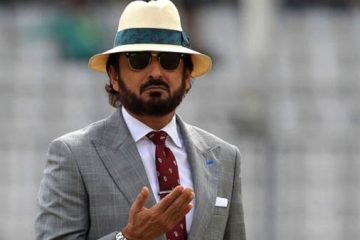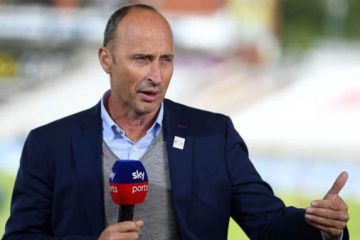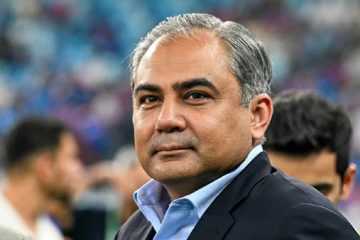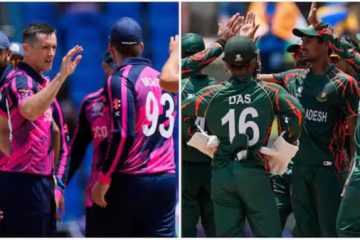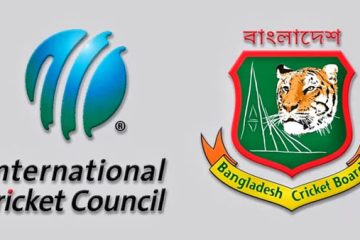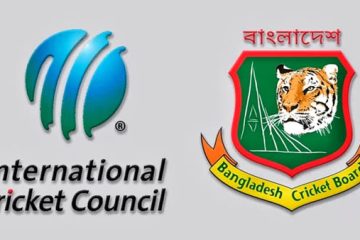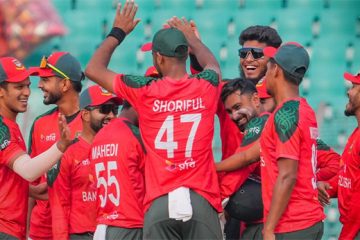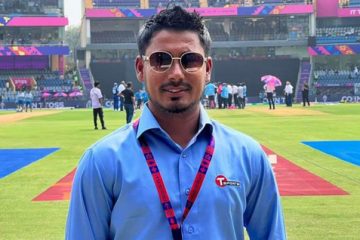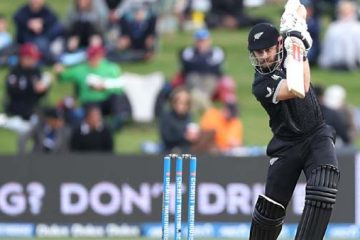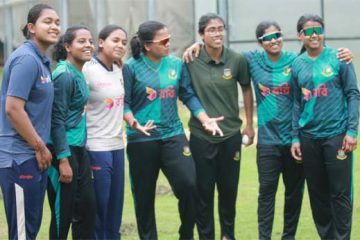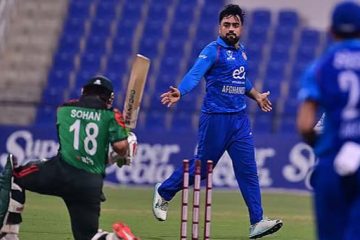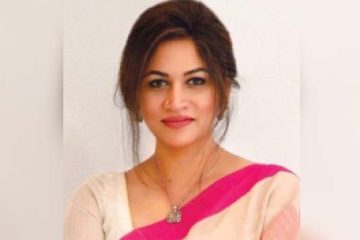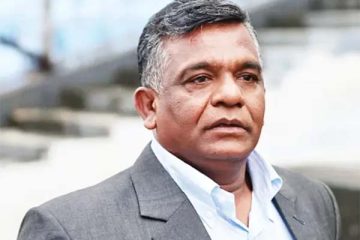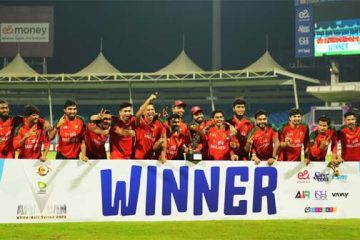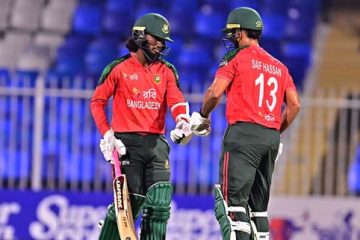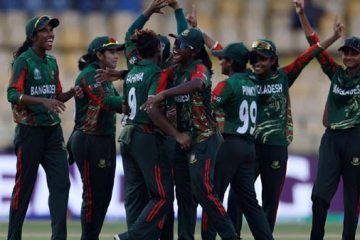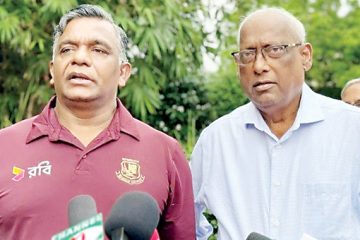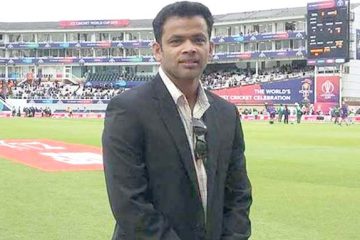The ongoing saga involving the Dhaka Premier League has blatantly exposed the incapability of the Cricketers Welfare Association of Bangladesh as it failed to serve the interest
of the players and lost the confidence of its senior members.
The multiple roles of senior officials, a lack of self-respect and unity turns it to an irrelevant organisation during any crisis, prompting national captain Mushfiqur Rahim to invite the cricketers separately in a recent meeting to push for their demands.
Mushfiq later met Bangladesh Cricket Board president Nazmul Hasan to state their reservations about the grading system, a move which was expected to be taken by CWAB, an organisation of which every cricketer of the country – current and former – is a member.
The move made it evident some players’ lack of confidence on CWAB, which in the past also fell short in playing a significant role.
The players alleged that some of the CWAB officials have many roles to play which often creates a conflict of interest preventing them to serve the players properly.
CWAB’s long-standing president Naimur Rahman is currently a member of the BCB’s ad-hoc committee and also the president of Dhaka Premier League club Cricket Coaching School.
The BCB and the respective clubs are the two other parties involved in the crisis and Naimur has a significant role to carry out.
The players admitted the many tasks assigned to Naimur undermine his role as CWAB president and in the process he lost his bargaining power which in turn made them suffer.
CWAB’s vice-president Khaled Mahmud is no different in this case. Apart from being the vice-president of CWAB, he is also a member of the BCB and a top official of DPL club Prime Bank.
Both Naimur and Mahmud however brushed aside the suggestions of their multiple roles generating problems while representing CWAB.
‘It depends on an individual and how he handles it,’ Naimur told New Age. ‘I always tried to serve the interest of the players. Even after joining the ad-hoc committee, I wanted to ensure the welfare of the players,’ said Naimur.
Naimur also defended his role as club president saying everyone in the BCB is associated with one role or the other and it should not be any hindrance.
‘It won’t make me any less of a cricketer no matter if I am a president of a club or not,’ said Naimur. ‘First of all, I am a cricketer and I will always try to maintain the status,’ he added.
Mahmud echoed the same view stressing that he always spoke for cricketers whenever he attended any meeting as CWAB vice-president.
‘When I attend a meeting as a CWAB official, I always speak for the players. Similarly, when I go there as a club official I try to serve my club’s interest. I don’t see any problem in multiple roles,’ he said.
It is however not for the first time that an issue of a conflict in interest has plagued CWAB. In 2009, when CWAB demanded a raise in match fee of the players in the National Cricket League, they faced strong opposition from their very own Gazi Ashraf Hossain, the then chairman of the tournament committee.
Ashraf was their councillor in the BCB but he had no choice but to serve the board first and as a result, CWAB lost its strength to fight. The then BCB president AHM Mustafa Kamal branded CWAB as a collective bargaining agency and refused to pay any heed to their demands.
He was not even willing to recognise the body despite them having a direct representative in the BCB. CWAB had to accept defeat in their first serious movement and till date they could not overcome the defeatist attitude.
CWAB general secretary Debabrata Paul later accepted a position of member secretary in the tournament committee while its president Naimur is the chairman of this vital committee, which often deals with the players.
CWAB also failed in its quest to protect the interest of the players in the Bangladesh Premier League, though it acted together with its parent body Federation of International Cricketers Associations, an organisation still unrecognised in Bangladesh.
FICA succeeded in guaranteeing the payment of most of the overseas players but CWAB, which was expected to play a more central role, largely failed in discharging their duty towards the local cricketers.
-With New Age input

